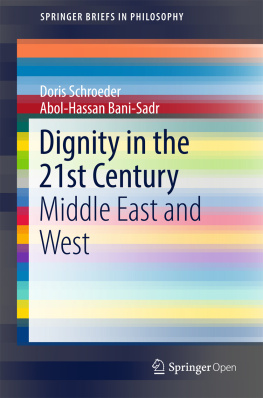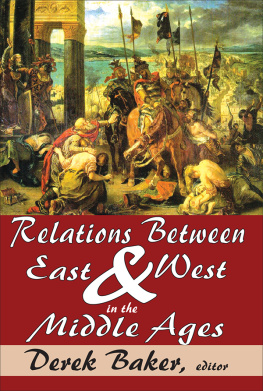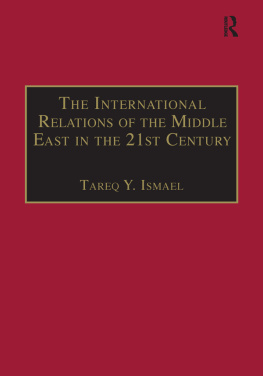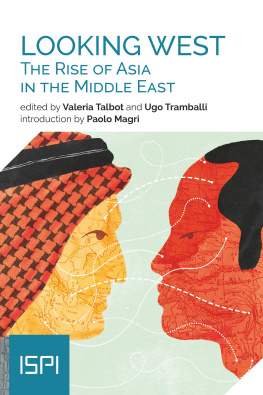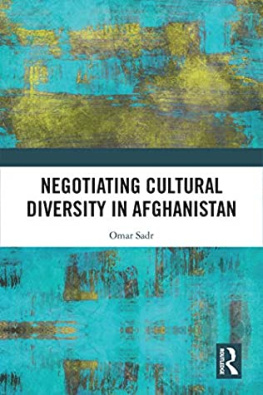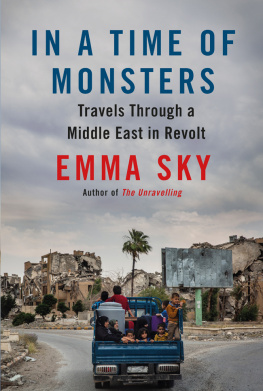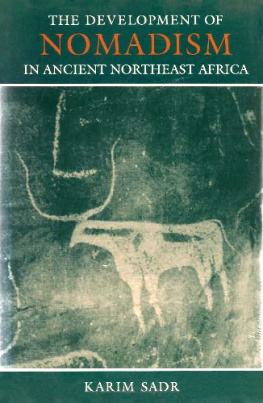Banī-Ṣadr Abu-l-Ḥasan - Dignity in the 21st century: Middle East and West
Here you can read online Banī-Ṣadr Abu-l-Ḥasan - Dignity in the 21st century: Middle East and West full text of the book (entire story) in english for free. Download pdf and epub, get meaning, cover and reviews about this ebook. City: Cham;Europa;Middle East;Naher Osten;Western countries, year: 2017, publisher: Springer International Publishing, genre: Romance novel. Description of the work, (preface) as well as reviews are available. Best literature library LitArk.com created for fans of good reading and offers a wide selection of genres:
Romance novel
Science fiction
Adventure
Detective
Science
History
Home and family
Prose
Art
Politics
Computer
Non-fiction
Religion
Business
Children
Humor
Choose a favorite category and find really read worthwhile books. Enjoy immersion in the world of imagination, feel the emotions of the characters or learn something new for yourself, make an fascinating discovery.
- Book:Dignity in the 21st century: Middle East and West
- Author:
- Publisher:Springer International Publishing
- Genre:
- Year:2017
- City:Cham;Europa;Middle East;Naher Osten;Western countries
- Rating:4 / 5
- Favourites:Add to favourites
- Your mark:
- 80
- 1
- 2
- 3
- 4
- 5
Dignity in the 21st century: Middle East and West: summary, description and annotation
We offer to read an annotation, description, summary or preface (depends on what the author of the book "Dignity in the 21st century: Middle East and West" wrote himself). If you haven't found the necessary information about the book — write in the comments, we will try to find it.
Dignity in the 21st century: Middle East and West — read online for free the complete book (whole text) full work
Below is the text of the book, divided by pages. System saving the place of the last page read, allows you to conveniently read the book "Dignity in the 21st century: Middle East and West" online for free, without having to search again every time where you left off. Put a bookmark, and you can go to the page where you finished reading at any time.
Font size:
Interval:
Bookmark:
- Using examples from a wide range of contexts highlights vividly why the concept of dignity is so contentious in the 21st century.
- Dignity has become a popular topic in philosophy, and many excellent books that engage critically with a broad range of interpretations have been published recently. To add one that simply covers the same ground would probably not be very useful.
- The concept is so important in everyday life, as the many examples will show, that the discussion is intended not just for a specialised audience, but general readers too.
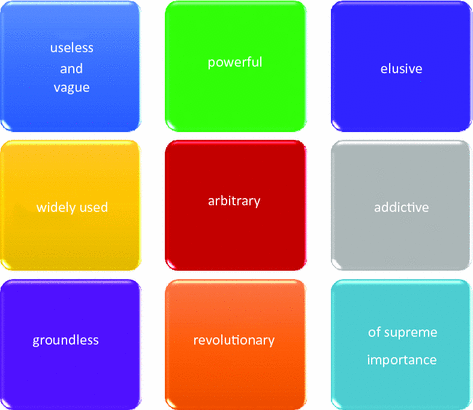
Font size:
Interval:
Bookmark:
Similar books «Dignity in the 21st century: Middle East and West»
Look at similar books to Dignity in the 21st century: Middle East and West. We have selected literature similar in name and meaning in the hope of providing readers with more options to find new, interesting, not yet read works.
Discussion, reviews of the book Dignity in the 21st century: Middle East and West and just readers' own opinions. Leave your comments, write what you think about the work, its meaning or the main characters. Specify what exactly you liked and what you didn't like, and why you think so.

